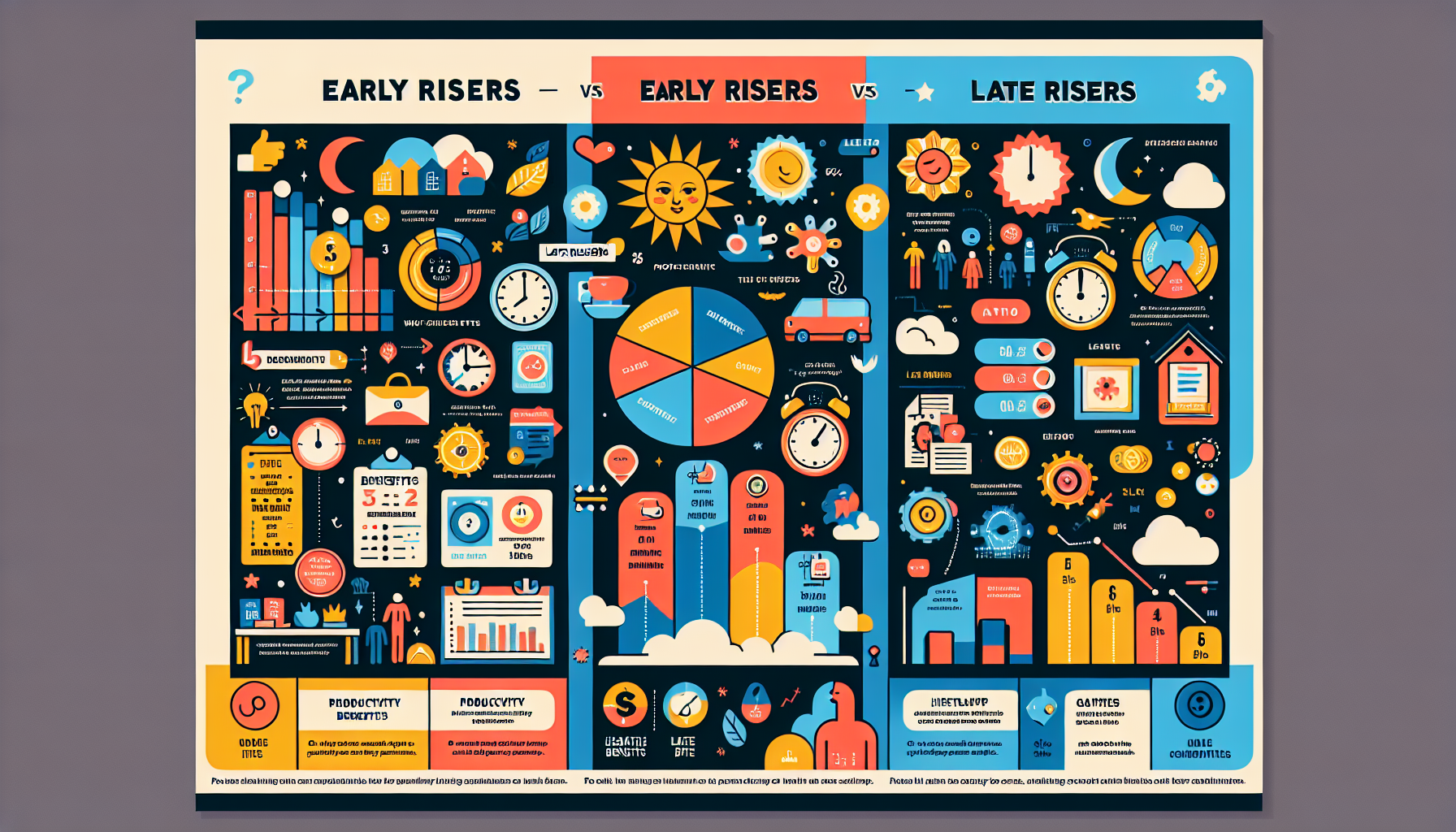The Art of Innovation: Alan Wong's Approach to Hawaiian Cuisine

At the core of Alan Wong’s culinary philosophy is the belief that innovation does not mean abandoning tradition. Instead, he embraces the rich tapestry of Hawaiian culture and ingredients, enhancing them with techniques and flavors from around the world. Wong often speaks about the importance of using fresh, local produce, which he sources from local farmers and fishermen. This commitment to local ingredients not only supports the community but also allows him to create dishes that are deeply rooted in Hawaiian culture. For instance, Wong's signature dish, "Miso Butterfish," is a prime example of his innovative approach. This dish marries traditional Japanese miso with fresh Hawaiian fish, showcasing his ability to celebrate local flavors while incorporating Asian influences. Such combinations have helped to elevate Hawaiian cuisine on the global stage, attracting food enthusiasts and critics alike. This fusion highlights Wong's belief in the power of culinary storytelling, where each dish tells a tale that respects both the past and the future.
Techniques That Inspire
Wong’s culinary techniques are as diverse as his flavor profiles. He is known for his meticulous attention to detail and his ability to transform simple ingredients into extraordinary dishes. Techniques like sous-vide cooking and molecular gastronomy are utilized to enhance the dining experience without overshadowing the natural essence of the ingredients. One notable technique is Wong's use of "flavor layering," where he builds depth in each dish through the careful selection and preparation of ingredients. This approach not only heightens the taste but also engages the diner’s palate in a journey of discovery. For example, his "Hawaiian Tuna Poke" dish incorporates a variety of textures and flavors, from the freshness of the fish to the crunch of seaweed and the creaminess of avocado, creating a harmonious balance that delights the senses. Wong's ability to manipulate textures and flavors showcases the intricate artistry behind his culinary creations.
A Commitment to Education and Mentorship
Wong is not just a chef; he is also a mentor and educator. He believes in the importance of passing on culinary knowledge to the next generation, which is evident in his involvement in various culinary programs across Hawaii. Through workshops and mentorship programs, Wong shares his innovative techniques and business acumen with aspiring chefs, encouraging them to explore their creativity while respecting the traditions of Hawaiian cuisine. His dedication to education extends beyond the kitchen. Wong has authored several cookbooks that provide insights into his culinary philosophy and techniques. These resources not only serve as a guide for aspiring chefs but also help to spread awareness of Hawaiian cuisine to a broader audience. By documenting his approach, Wong ensures that the art of Hawaiian cuisine continues to evolve while remaining accessible to future generations.
Impact on the Culinary Landscape
Alan Wong's influence extends well beyond his restaurants. As a pioneer of modern Hawaiian cuisine, he has inspired countless chefs to embrace innovation while honoring their roots. His success has also contributed to the growth of Hawaii’s culinary scene, attracting food tourism and boosting the local economy. Wong's restaurants often serve as a gathering place for locals and tourists alike, fostering a sense of community and shared culinary experience. Moreover, Wong's approach has sparked a cultural renaissance in Hawaiian cuisine, encouraging other chefs to experiment with local ingredients and global techniques. This movement has resulted in a vibrant culinary community that celebrates both tradition and innovation, making Hawaii a culinary destination. His impact can be seen in the increasing number of chefs who identify with Wong's philosophy, blending their personal heritage with local flavors to create unique dining experiences.
Alan Wong’s innovative approach to Hawaiian cuisine serves as a testament to the power of creativity in the culinary arts. By honoring traditional flavors while embracing modern techniques, he has not only elevated Hawaiian cuisine but also inspired a new generation of chefs. Wong's legacy is one of passion, commitment, and a deep respect for the rich culinary heritage of Hawaii. As aspiring chefs continue to learn from his journey, the future of Hawaiian cuisine looks brighter than ever, promising an exciting blend of tradition and innovation that will captivate food lovers around the world. Wong's culinary journey illustrates how one individual can profoundly influence an entire culture, ensuring that Hawaiian cuisine continues to thrive, evolve, and inspire for years to come.
Culinary Research and Development Chef
High-end restaurants, culinary research labs, and food product companies like Dole Food Company
Core Responsibilities
Develop and test new recipes that incorporate local Hawaiian ingredients and global culinary techniques.
Collaborate with chefs and food scientists to refine dishes and create innovative menu offerings.
Conduct market research to identify food trends and customer preferences in Hawaiian cuisine.
Required Skills
Strong background in culinary arts, with a focus on molecular gastronomy and flavor pairing.
Experience in recipe development and food presentation.
Familiarity with dietary restrictions and food sustainability practices.
Culinary Instructor
Culinary schools, community colleges, and culinary workshops in Hawaii
Core Responsibilities
Teach cooking classes that focus on Hawaiian cuisine and innovative culinary techniques.
Mentor aspiring chefs in both traditional and contemporary cooking methods.
Develop educational materials and curriculum that reflect the cultural significance of Hawaiian ingredients.
Required Skills
Extensive knowledge of Hawaiian culinary traditions and innovative cooking techniques.
Strong communication and presentation skills to engage students.
Experience in restaurant management or professional cooking.
Food Stylist for Photography
Food magazines, cookbooks, advertising agencies, and restaurants
Core Responsibilities
Create visually appealing food presentations for photoshoots that showcase Hawaiian dishes.
Collaborate with chefs to understand the essence of each dish and how to best represent it visually.
Stay updated on food trends to ensure styling aligns with contemporary aesthetic preferences.
Required Skills
Strong artistic sense and understanding of color, texture, and composition.
Experience in food preparation and an eye for detail in presentation.
Knowledge of photography techniques and food photography trends.
Sustainable Sourcing Manager
Restaurants, catering companies, and food service organizations
Core Responsibilities
Identify and establish relationships with local farmers and fishers to source ingredients for restaurants.
Develop sustainable sourcing policies that align with the restaurant's commitment to local produce and seafood.
Monitor and report on sustainability practices and their impact on the culinary offerings.
Required Skills
Knowledge of sustainable agriculture and fishing practices specific to Hawaii.
Strong negotiation and communication skills for building relationships with suppliers.
Experience in supply chain management within the food industry.
Food and Beverage Director
Hotels, luxury resorts, and upscale dining establishments in Hawaii
Core Responsibilities
Oversee the culinary direction of a restaurant or resort, ensuring the integration of innovative Hawaiian cuisine.
Manage menu development, staff training, and quality control in food preparation and presentation.
Engage with guests to enhance their dining experience and gather feedback for continuous improvement.
Required Skills
Strong leadership and management skills with a background in hospitality.
Knowledge of financial management, including budgeting and cost control in food service.
Experience in menu design and culinary trend analysis.


